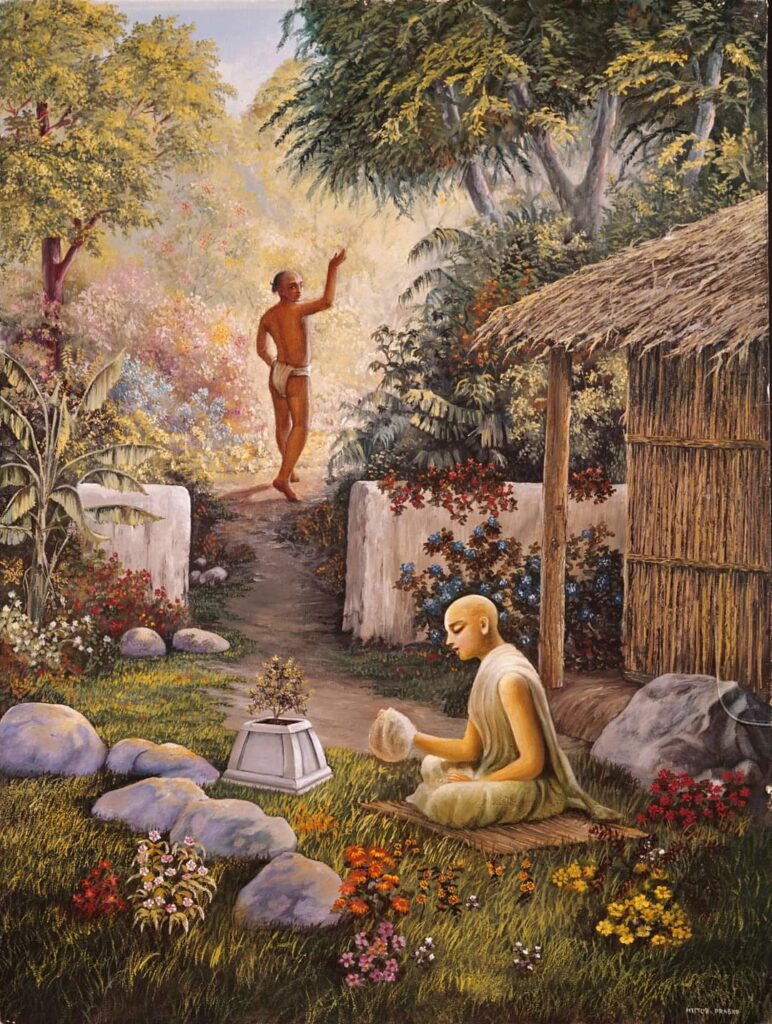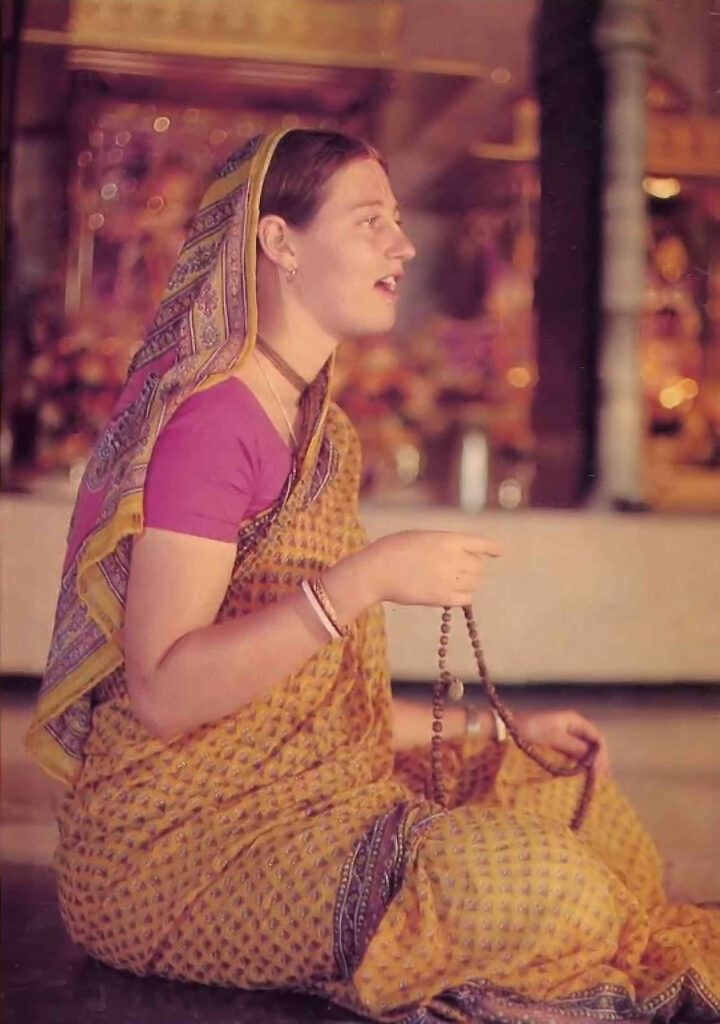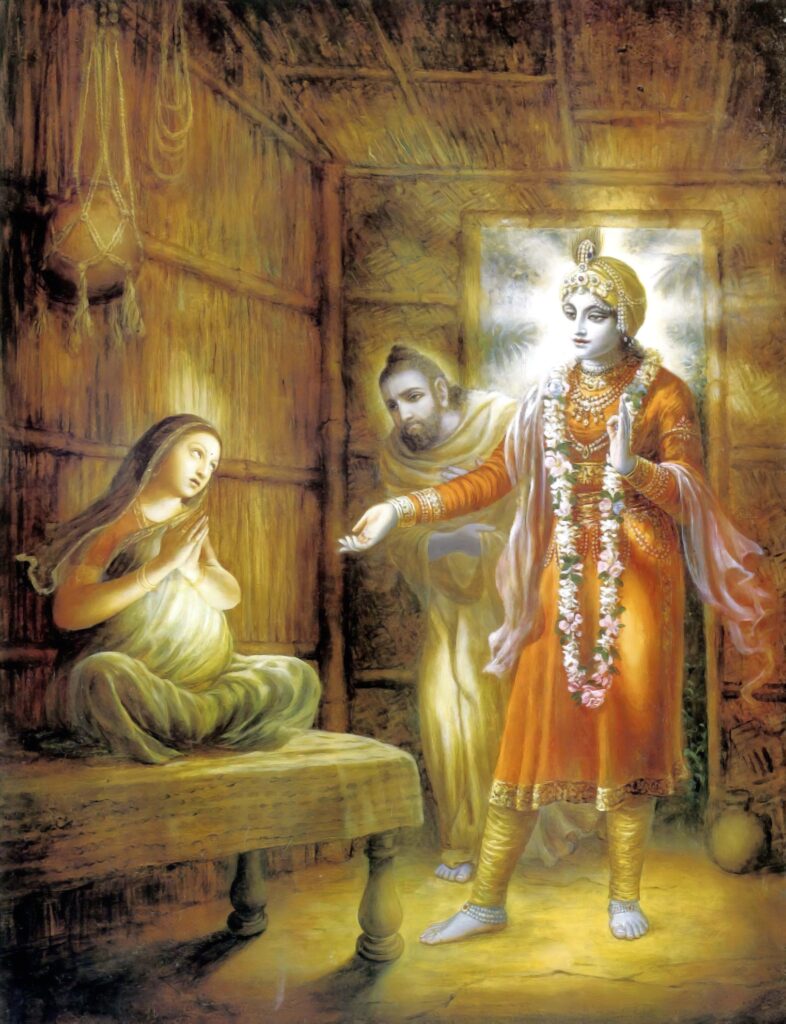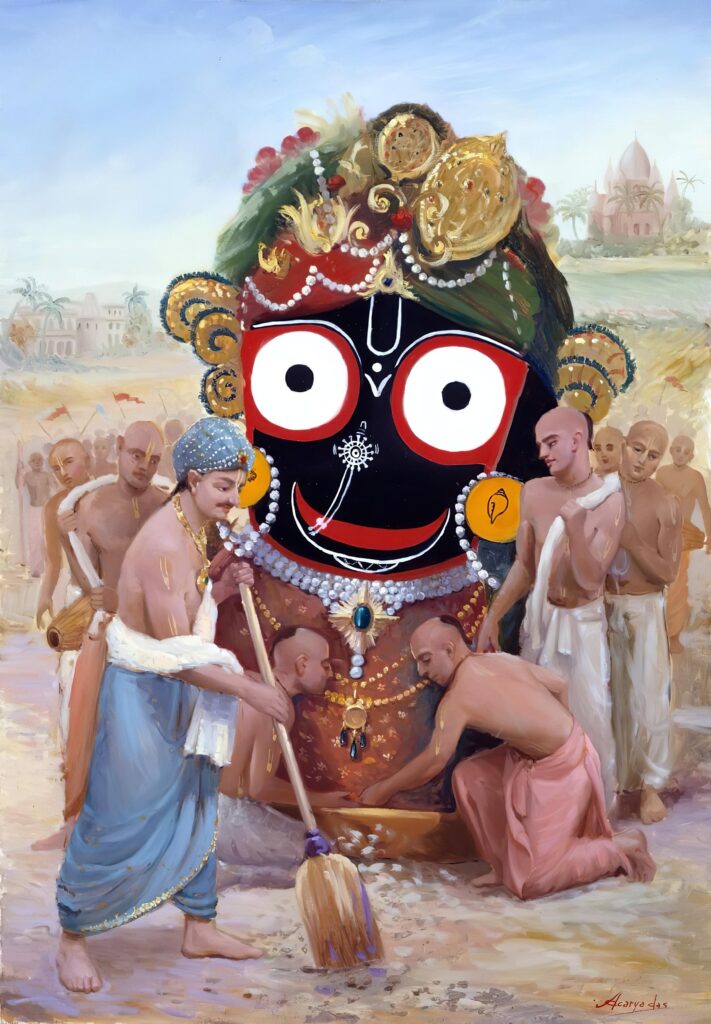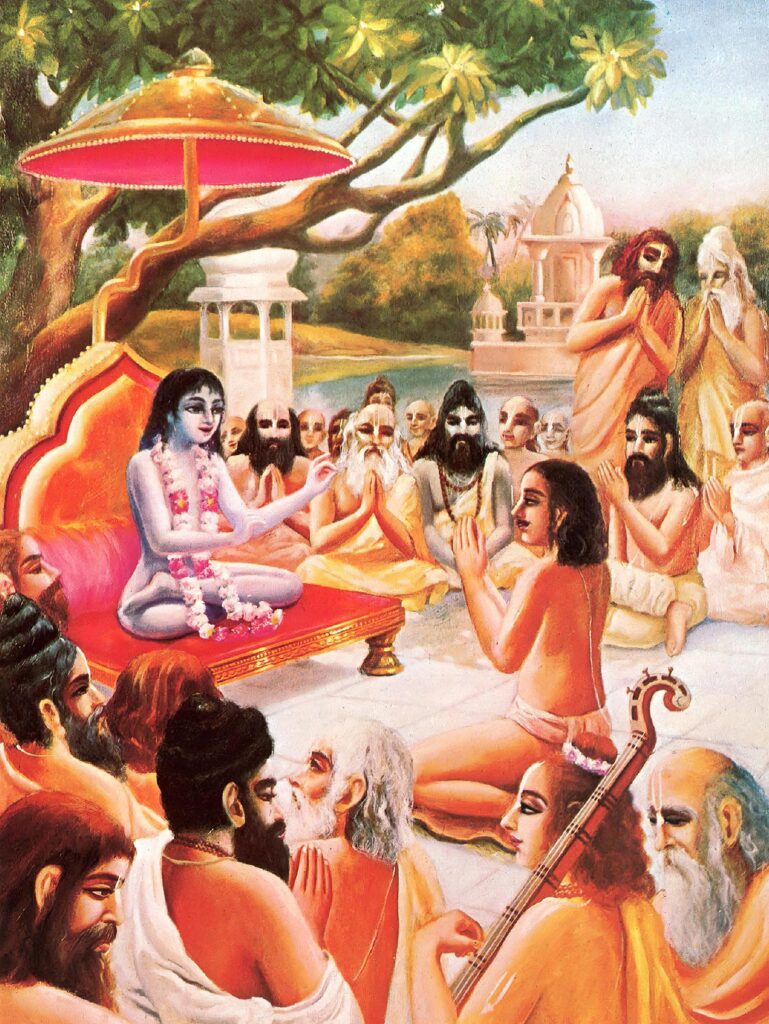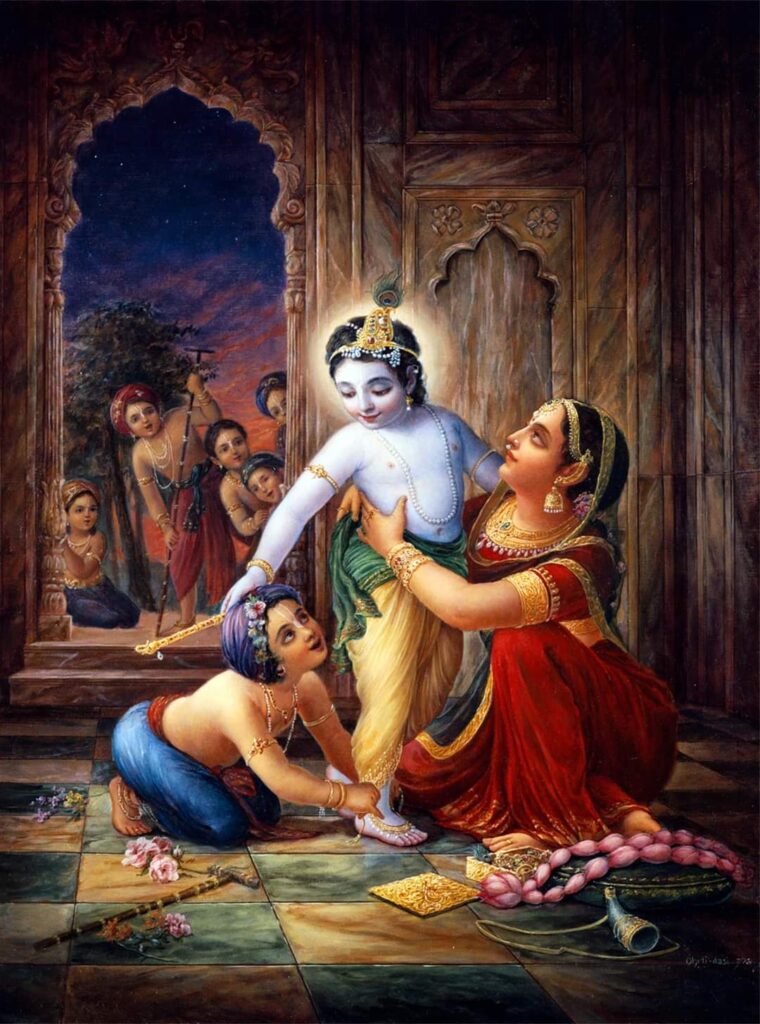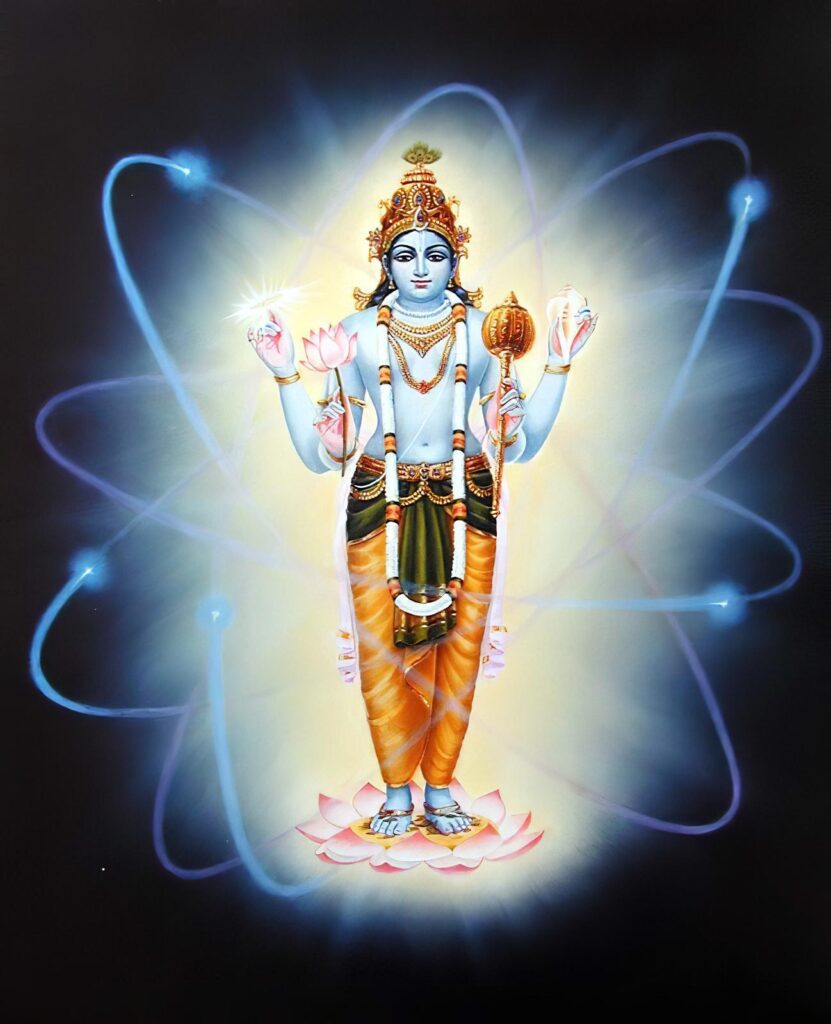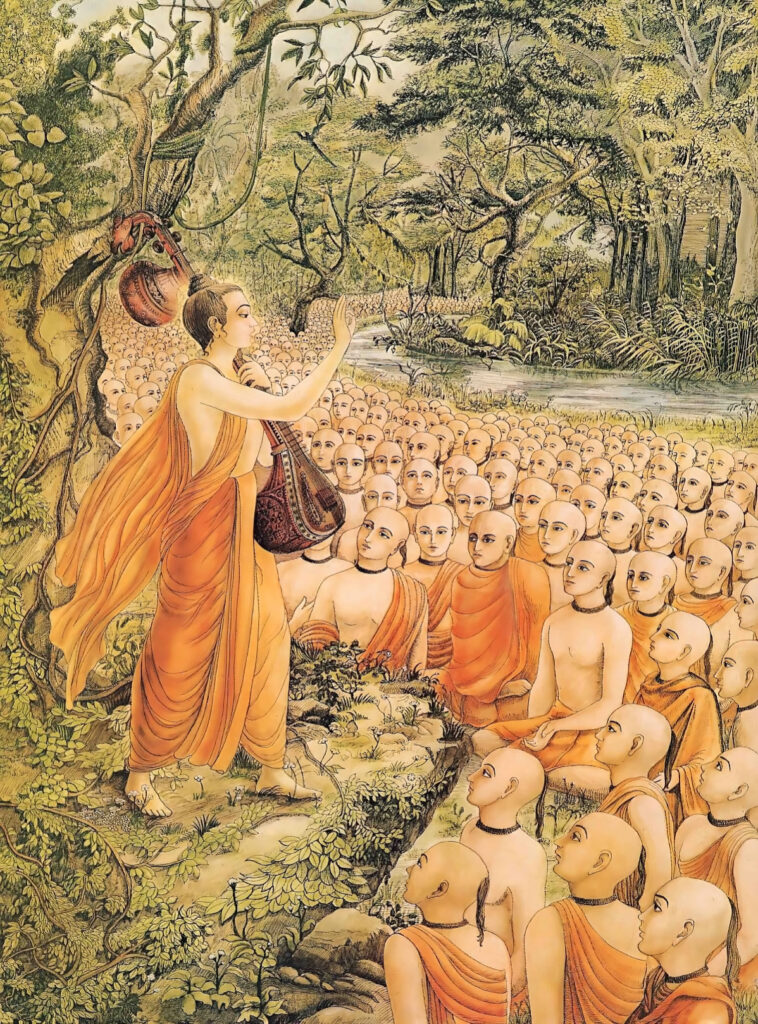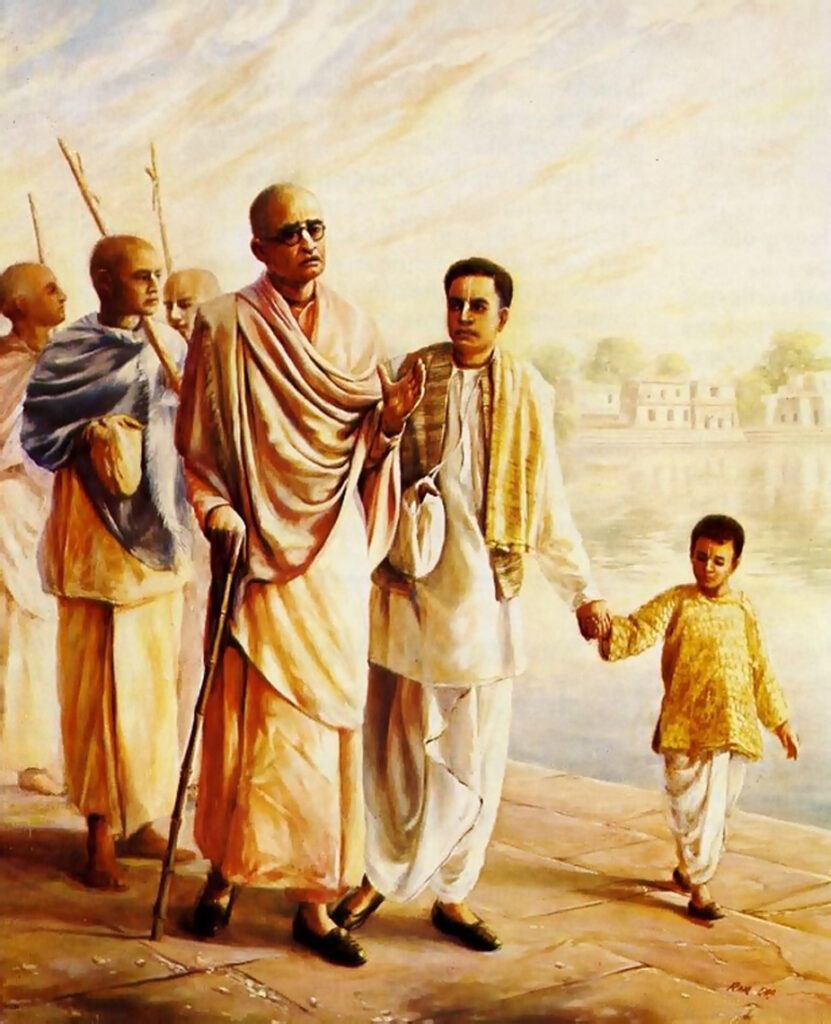Devotional service is based on the idea of voluntarily sacrificing something for Krsna, be it our time, money, intelligence, or any other asset. By definition, devotional service must be voluntary, it must be out of love.
In Jaiva Dharma, Srila Bhaktivinoda Thakura mentions that free will is precisely what differentiates living souls from inanimate matter. Material objects have no free will, they are just manipulated by superior forces. Souls on the other hand have free will and this is what makes relationships and rasa possible. It’s not possible to have a relationship with an inanimate object: relationships can be cultivated only with living beings. From this, we can understand why Krsna is so careful in respecting the free will of the souls.
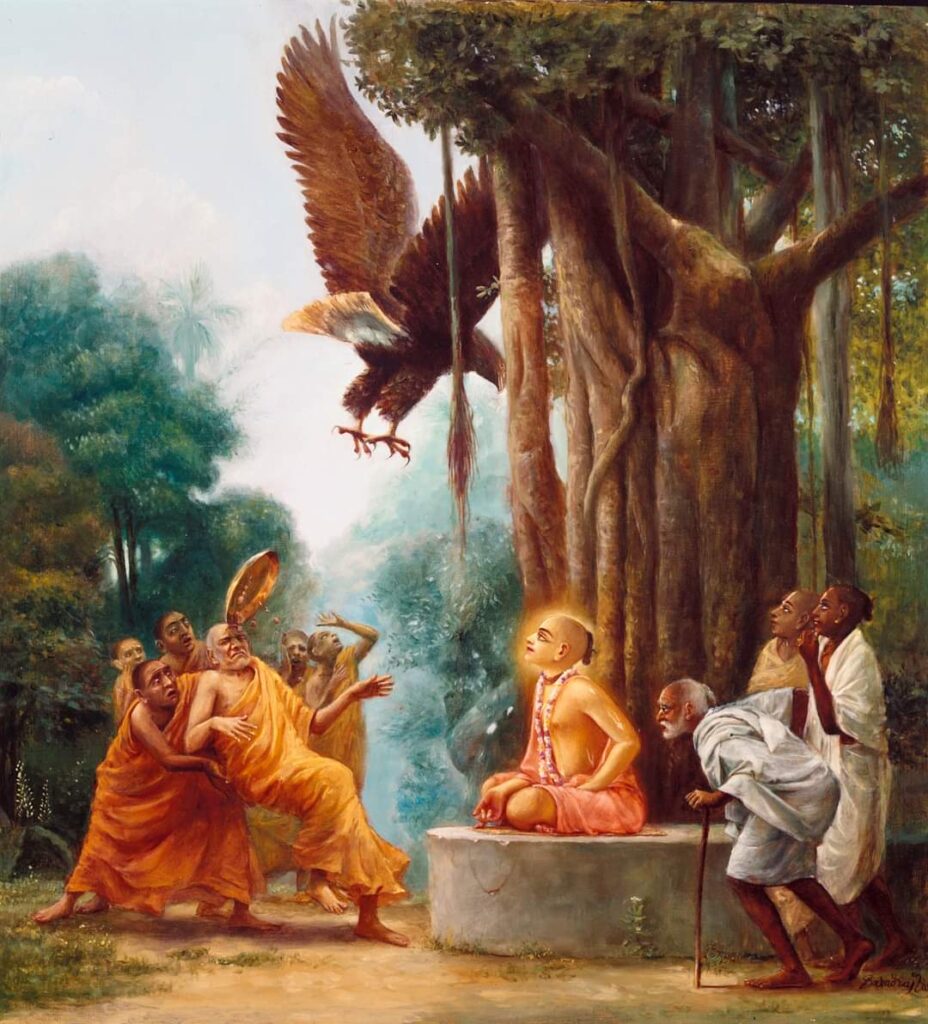
Love can’t be imposed. If someone would put a gun in my head, I would surely say that I loved him, or anything else he wanted to hear, but this would not be true love. This brings us to another point: Krsna Consciousness and service to Krsna can’t be imposed. We can’t force anyone to love Krsna, such love can only by inspired through our personal example. If one were forced to serve in a temple or group, this could hardly be called devotional service.
In a letter to Karandhara (22/07/72), Srila Prabhupada wrote some interesting advice about leadership:
“… our leaders shall be careful not to kill the spirit of enthusiastic service, which is individual and spontaneous and voluntary. They should try always to generate some atmosphere of fresh challenge to the devotees, so that they will agree enthusiastically to rise and meet it. That is the art of management: to draw out spontaneous loving spirit of sacrificing some energy for Krishna.”
Continue reading
